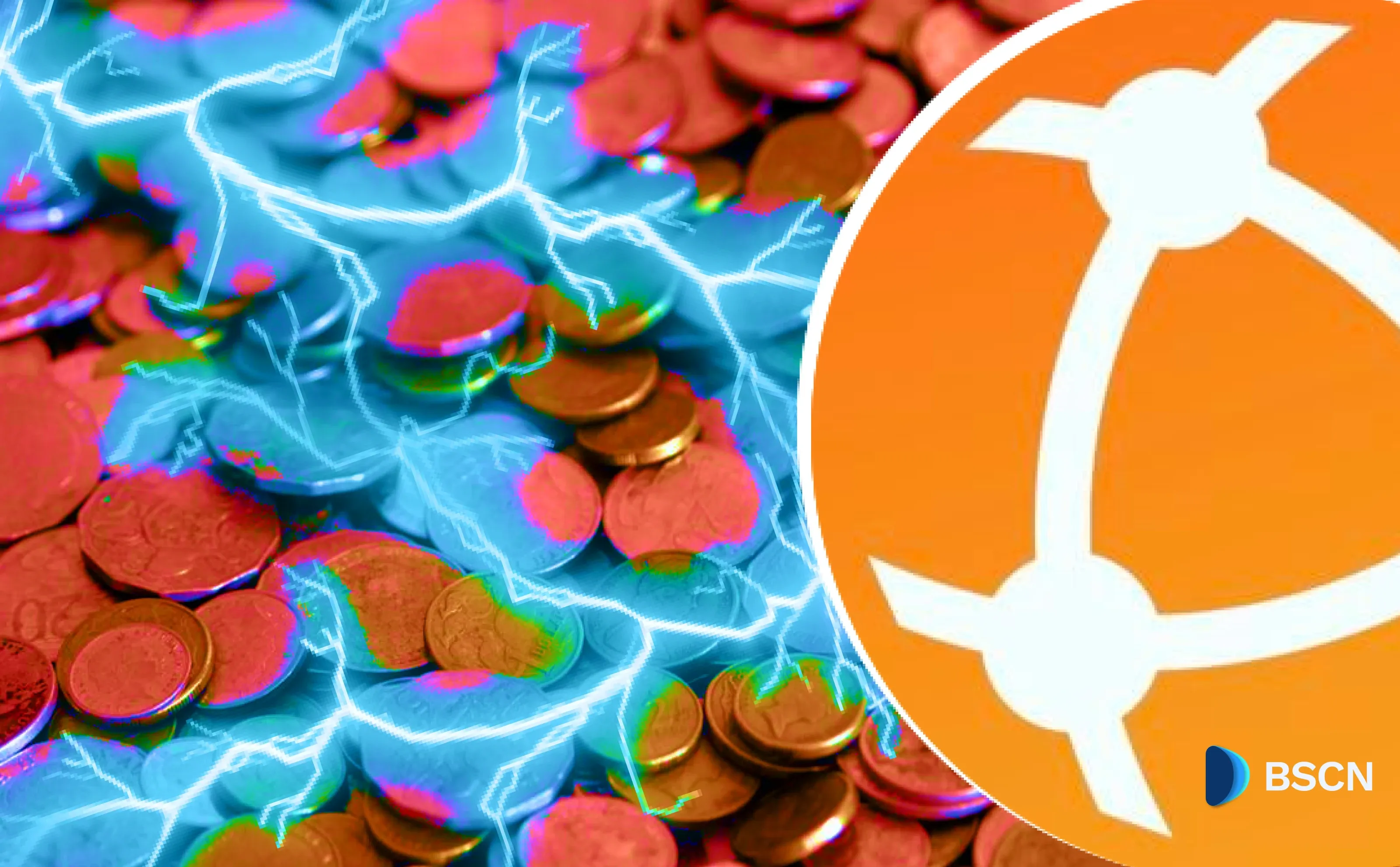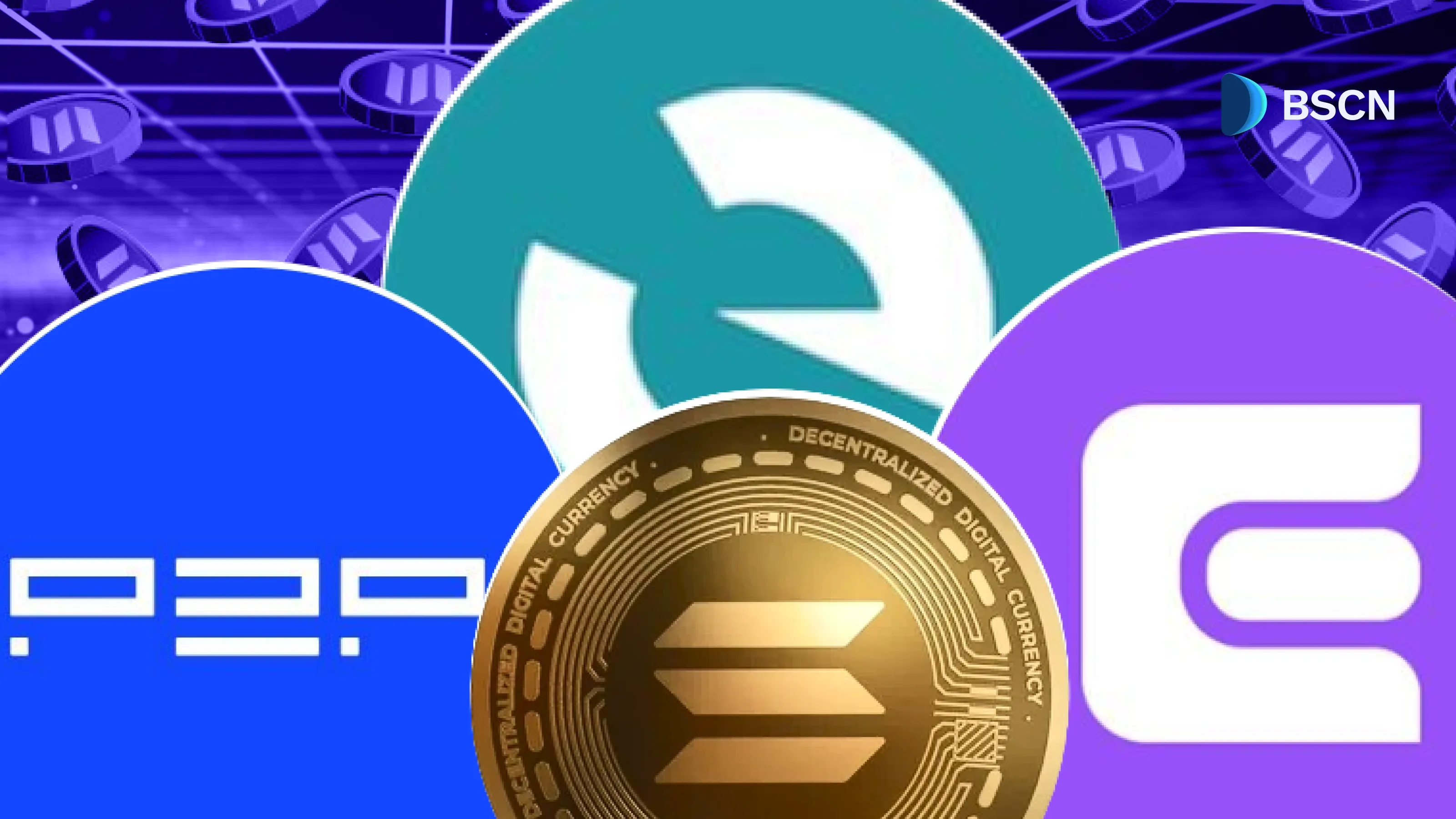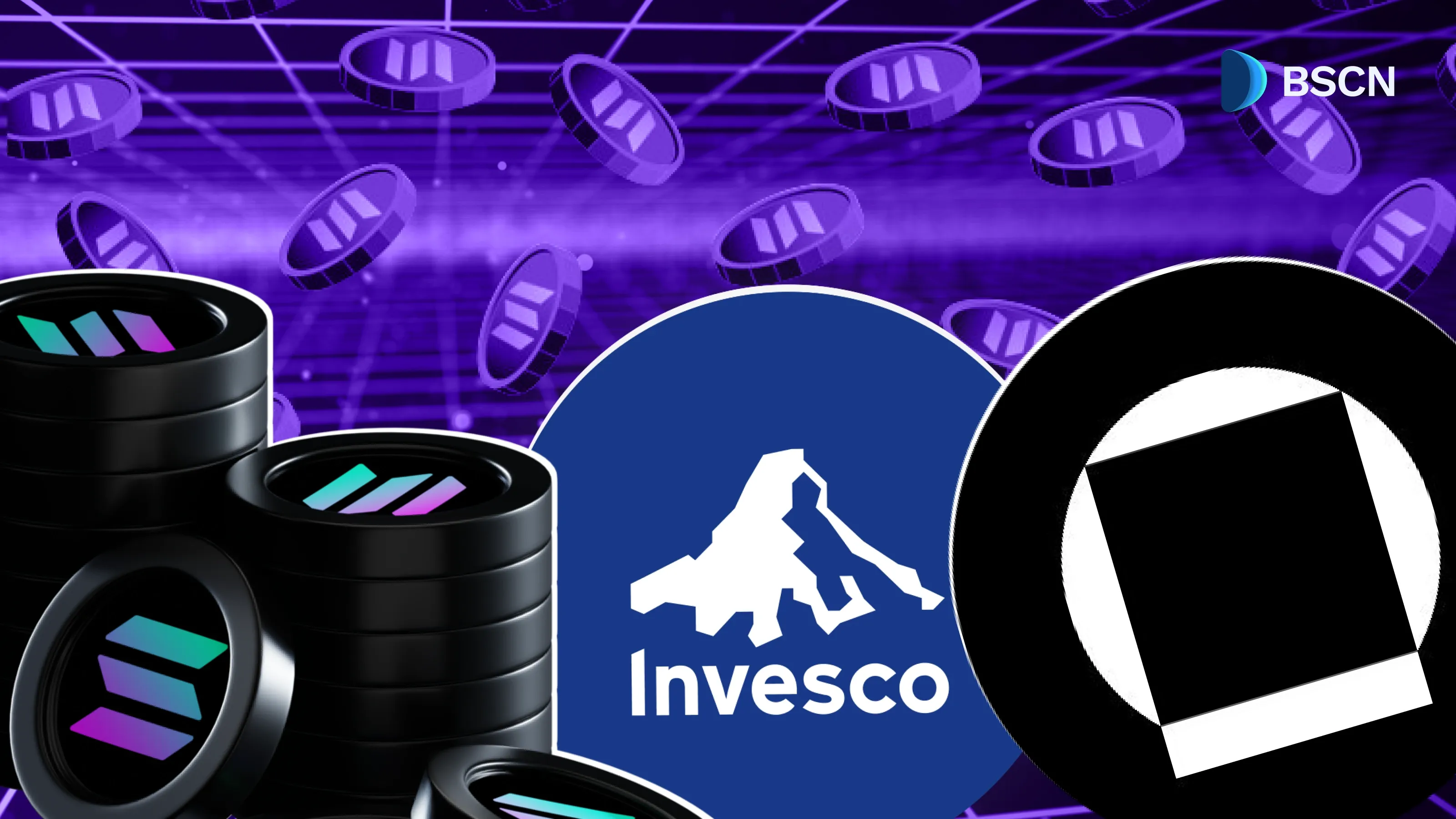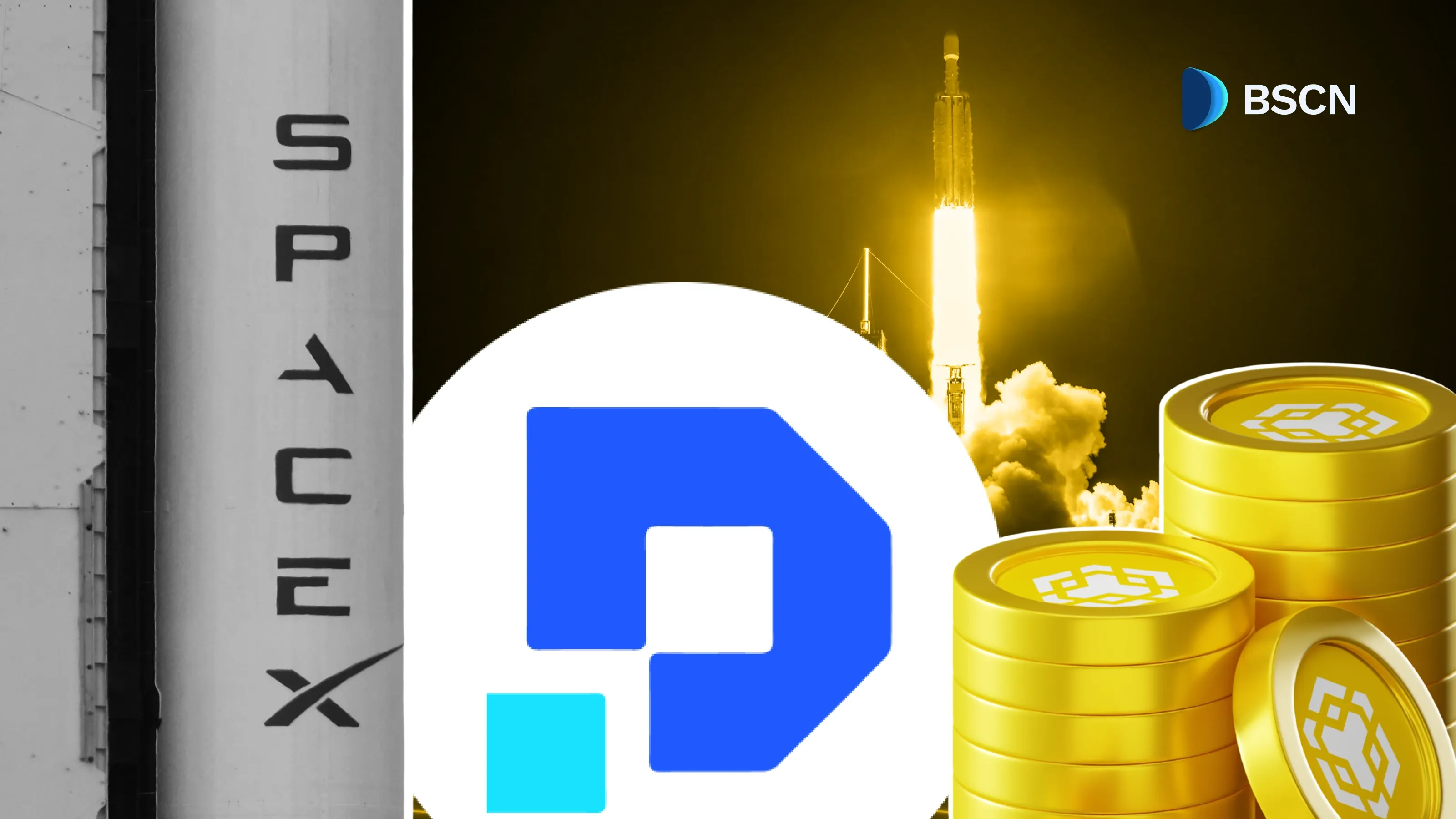WEB3
Sandeep Nailwal Proposes Celo Use Polygon CDK for New L2, Instead of OP Stack

Polygon founder, Sandeep Nailwal, has taken to Celo’s governance forum to propose the use of Polygon’s CDK for its new Ethereum layer 2, which would mean abandoning original plans to use the OP Stack.
BSCN
September 21, 2023
In a comprehensive post to Celo’s governance forum on September 20, Polygon co-founder, Sandeep Nailwal, advocated that the network steer away from previous plans to use the well-known OP Stack for its new Ethereum layer 2 solution, and instead look to leverage Polygon’s own CDK.
Nailwal hopes that Celo will join the “ecosystem of robust, ZK-powered L2s”
In the original July 15 proposal regarding Celo’s potential transition to an Ethereum L2, rather than a standalone L1, Optimism’s now well-known OP Stack was proposed to serve as the architecture behind the transition.
“The proposal – following months of research by the cLabs team as well as initial discussions among core Celo and Ethereum community members – details an architecture where the Celo blockchain initially leverages the OP Stack to become an Ethereum L2, with key differentiators”, reads the July 15 proposal.
However, Sandeep Nailwal’s more recent post points to several advantages that would arise from the use of Polygon’s Chain Development Kit (CDK):
- Increasing cross-community collaboration by joining hands in an ecosystem of robust, ZK-powered L2s;
- An EVM-equivalent environment for enhanced compatibility, so developers can experience the closest alignment with Ethereum as technically possible;
- Increased security that leverages Ethereum’s battle-tested consensus layer with the security of zero-knowledge proofs, instead of relying on social-economic incentives;
- Maintain low fees, made possible by a zkEVM validium architecture and off-chain data availability;
- Access to Unified L2 Ecosystem that brings together Ethereum mainnet and Polygon ecosystem into one massive economy, with the feel of a single chain;
- Customizability of an app-chain stack and interoperability with all Polygon L2 chains;
- Near-instant withdrawals, compared to a week;
- Fast finality and instant cross-chain interactivity, secured by ZK; and
- Support that meets the standards of the biggest Web3 projects and Web2 companies alike.
Nailwal’s proposal then goes on to praise both Polygon itself, and the internally developed CDK.
“To fully align with Ethereum’s vision of scaling with on-demand L2 deployment, we developed Polygon CDK (Chain Development Kit). Chains deployed using Polygon CDK extend Ethereum blockspace. These chains join a unified L2 ecosystem with the fastest canonical L2 <> L2 transfers. In the future, these chains will experience automatic shared liquidity through a novel ZK interoperability layer. That means that all L2s developed with CDK are connected to all others, creating unified liquidity in an environment that feels like a continuous mesh of blockspace.”
Polygon’s founder further points to a small number of key networks that are already leveraging Polygon’s L2 development kit, including:
- Polygon zkEVM
- Immutable zkEVM
- Gnosis Pay
- Canto
- Capx
- Palm Network
The proposal then turns to discussion of both cLabs initial proposal, as well as more in-depth exploration of the advantages that use of Polygon’s CDK would bring.
Impact on Celo’s Ecosystem
Interestingly, the proposal concludes with specific discussion of how each element of the Celo ecosystem would be affected by the change in implementation.
Nailwal expects no tangible impact on holders of the CELO token, which has a market capitalization of more than $227 million at time of writing, citing that the governance process will remain as-is, with CELO continuing to constitute the gas token for the network.
He also believes users of Celo will also be unaffected, given the “relatively trivial” transaction fees associated with the Polygon CDK. Indeed, the most relevant changes pointed to by Nailwal involve validators and developers associated with Celo.
Both potential implementations of the Polygon CDK would “require validators to run or have access to a trusted full Ethereum node”. Nailwal also discloses perhaps the most controversial element of rollups today. That is, the centralized nature of rollup sequencing - Though he highlights that decentralized sequencing is something on the Polygon CDK’s roadmap.
Developers, meanwhile, should expect no negative changes to the current state of affairs and face only ‘improvements’. Nailwal points to EVM equivalence as a major draw to Polygon’s CDK, which would allow “any tooling (including auditing and debugging tools) that works with Ethereum” to also be compatible.
Takeaway - The Future of Celo
The excitement around Celo’s transition to an Ethereum layer 2 is palpable within the community. However, in deciding the underlying architecture which will underpin the eventual transition, Celo is faced with a hugely significant decision.
Polygon’s CDK and the well-known OP Stack each possess attractive features and possible drawbacks, and the direction that the Celo ecosystem decides to pursue will only become fully clear in the weeks and months ahead.
Disclaimer
Disclaimer: The views expressed in this article do not necessarily represent the views of BSCN. The information provided in this article is for educational and entertainment purposes only and should not be construed as investment advice, or advice of any kind. BSCN assumes no responsibility for any investment decisions made based on the information provided in this article. If you believe that the article should be amended, please reach out to the BSCN team by emailing [email protected].
Latest News
Crypto Project & Token Reviews
Project & Token Reviews
Comprehensive reviews of crypto's most interesting projects and assets
Learn about the hottest projects & tokens
Latest Crypto News
Get up to date with the latest crypto news stories and events









